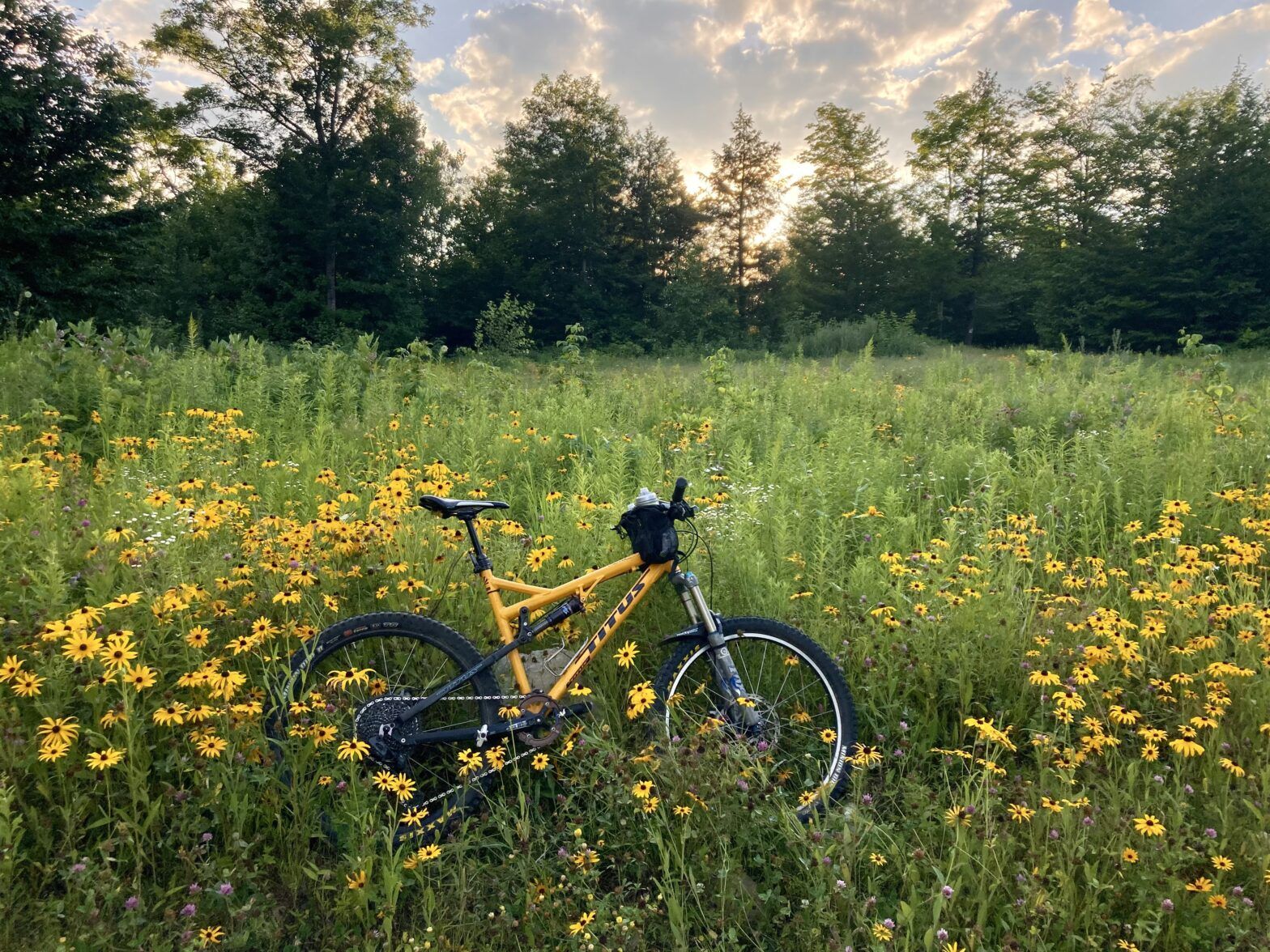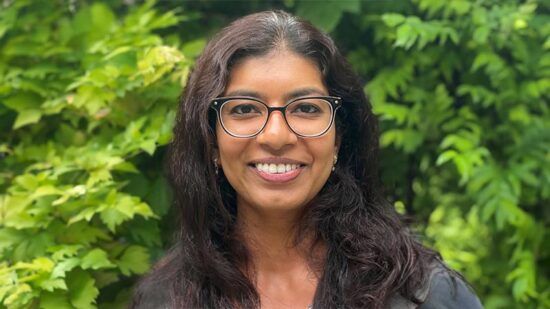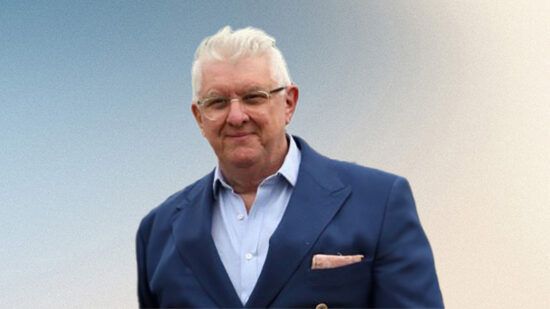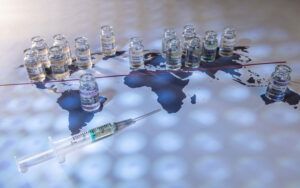The Sustainable Summer series gives investment professionals from the responsible investment space an opportunity share their habits and summer activities that are contributing to a more sustainable world.
For these light-hearted pieces, we ask about summer plans and holidays, and charitable work.
Here, Emile Hallez, US news editor for ESG Clarity, talks about cycling, mushrooms, drought and plant-based diets.
How has your year been so far? Have you stuck to any sustainable New Year’s resolutions?
This year has been eventful. My wife and I live in a rural area in western Maine, although we have been spending a lot of time in Colorado, which has kept us close to family and friends. That has also helped us avoid much of notorious Maine spring and the voracious biting insects that come with it.
Our trip across the country with our two dogs was without question not environmentally friendly, and it accounts for most the driving that we will do this year. There’s not really a way to temper that – it simply isn’t sustainable.
I didn’t make a specific resolution for 2022 – although I did plan to spend more time riding bikes, which is my happy place. According to Strava, I’ve pedaled about 2,500 miles so far, and hopefully I’ll make it past 5,000 before the end of the year. It’s not a net-zero activity, but of course it’s better than taking the car somewhere for leisure.
How are you connecting with nature this summer or protecting biodiversity near to where you live or work?
Other than cycling, I spend a lot of time hiking and rock climbing – if I’m not at home, chances are you’ll find me in the woods.
I love foraging for mushrooms, which is something I began learning about during the pandemic. Fungi are so interesting, and knowing more about the network of mycelium beneath your feet adds a powerful dimension to the experience of being in the wild. Chanterelles are my favorite – they are a vibrant orange color and smell deeply of apricots.
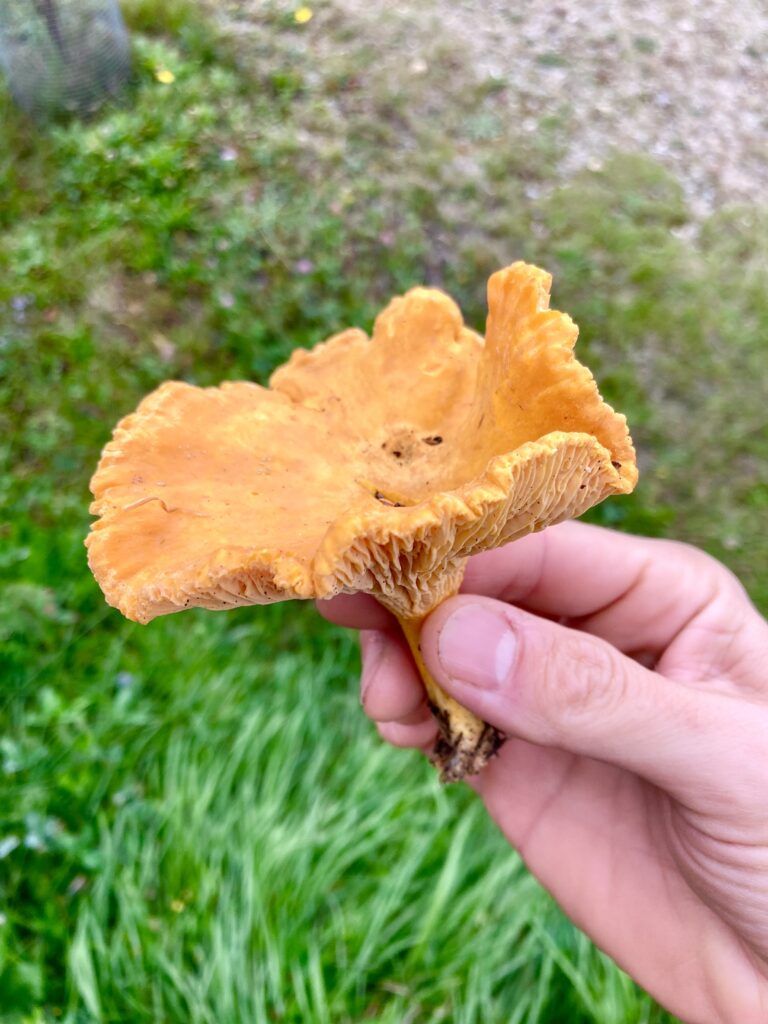
I recently returned from Colorado and hoped to see an abundance of mushrooms around the forest near my home. However, the summer has been drier than usual, and not many have popped up.
For me, going between two very different climates highlighted the extreme problem of water scarcity in the American West. Although we haven’t had enough rain in inland Maine this season, water is generally plentiful – it’s not something we worry about.
Denver is vastly different. People are very much aware of the lack of water, but the area is growing seemingly unchecked. There is so much sprawl, and it is expanding at the edges. I worry about what this means for the future of my hometown, and even more for the communities downstream, where water levels are dire.
Data from the state, which are already dated, show that the 20 largest wildfires in Colorado have occurred in since 2001, with four of the five biggest happening between 2018 and 2020.
Are you planning a holiday? How will you make it ESG-friendly?
I’m hoping to take a bikepacking trip with a few friends. Camping and cycling go together like peanut butter and jelly. I went on a trip last year in Vermont, and it was a wonderful experience.
To make it more sustainable, I would keep it local and depart from the house on bike – no driving to a starting point.
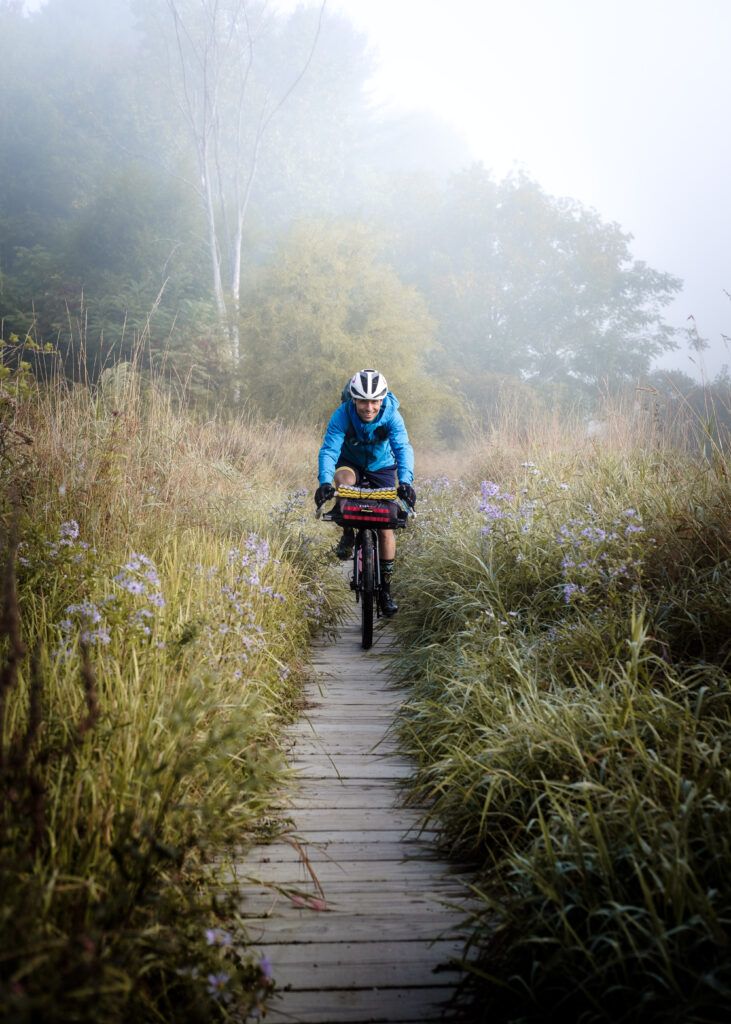
Are you taking part in any charity events or initiatives benefitting the climate or society?
I am planning to help with trail work for some of the mountain biking areas near my house. Shout out to Inland Woods and Trails, which does great work for cycling and hiking accessibility in the Bethel, Maine area!
Has your employer got any sustainable activities planned this summer? What are does it do in the workplace to ensure it mitigates its impact on the environment?
I think that one of the most impactful thing that companies, including Bonhill, have done is allow employees to work remotely. While it is certainly nice to have activities like local tree planting events or keeping rooftop beehives, saving workers from having to commute can save immense resources – and people’s time. I hope the trend continues and has a prolonged effect on reducing greenhouse gas emissions from transportation.
What would you like to see more of in the investment industry from a sustainability perspective?
I would like to see more acknowledgement that animal agriculture, especially at an industrial scale, is unsustainable. It is hard to change our ways, but animal products are simply not good for the planet, people and, obviously, the animals. There are ways to make animal farming slightly less damaging than it is – and that work is important – but the best thing is to switch to plant-based diets and support the companies that are supporting that transition responsibly.


